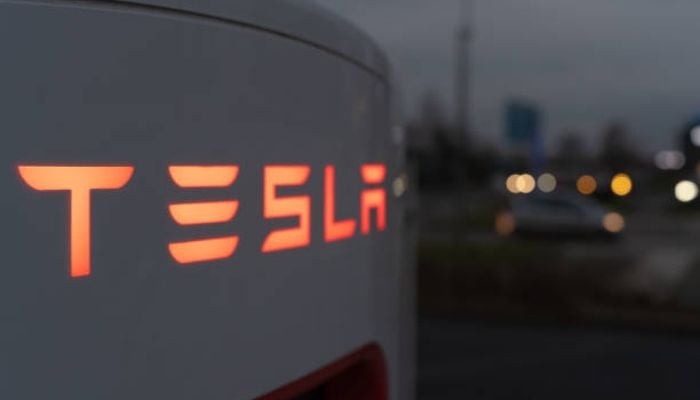
In a historic decision, a federal jury in Florida found Tesla partially at fault for a deadly vehicle accident involving its Autopilot feature in 2019.
The accident claimed the life of 22-year-old Naibel Benavides Leon and seriously injured her boyfriend, Dillon Angulo; the jury found Tesla 33% responsible.
George McGee was driving a Tesla Model S when it crashed into a parked Chevrolet Tahoe while in Autopilot mode.
Tesla must now pay $243 million in damages as a result of the jury's verdict, which has major ramifications for the electric car maker.
Tesla has stated that it plans to appeal the decision, calling it "wrong" and cautioning that it may "set back automotive safety and jeopardise Tesla's and the entire industry's efforts to develop and implement life-saving technology."
In its statement, the business draws attention to the verdict's possible repercussions, which might have an effect on the advancement and application of autonomous driving technology.
Following the verdict, Tesla's stock dropped 1.5%, indicating the possible negative effects on the company's finances and reputation.
The case also calls into question the effectiveness and safety of Autopilot technology, which is categorised as Level 2 because it necessitates continuous driver input and supervision.
The state DMV of California is suing Tesla again for its Autopilot system, claiming that the company is misrepresenting the capabilities of its modern driver assistance systems.
Tesla's business operations in California and possibly elsewhere may be significantly impacted by the case's outcome.
According to the plaintiffs' attorney Brett Schreiber, the verdict "represents justice for Naibel's tragic death and Dillon's lifelong injuries."
"Tesla intentionally chose not to restrict drivers from using Autopilot elsewhere—it was designed exclusively for controlled-access highways," Schreiber continued.
In the continuous discussion concerning the responsibility and safety of autonomous driving technology, the verdict represents a major turning point.
















